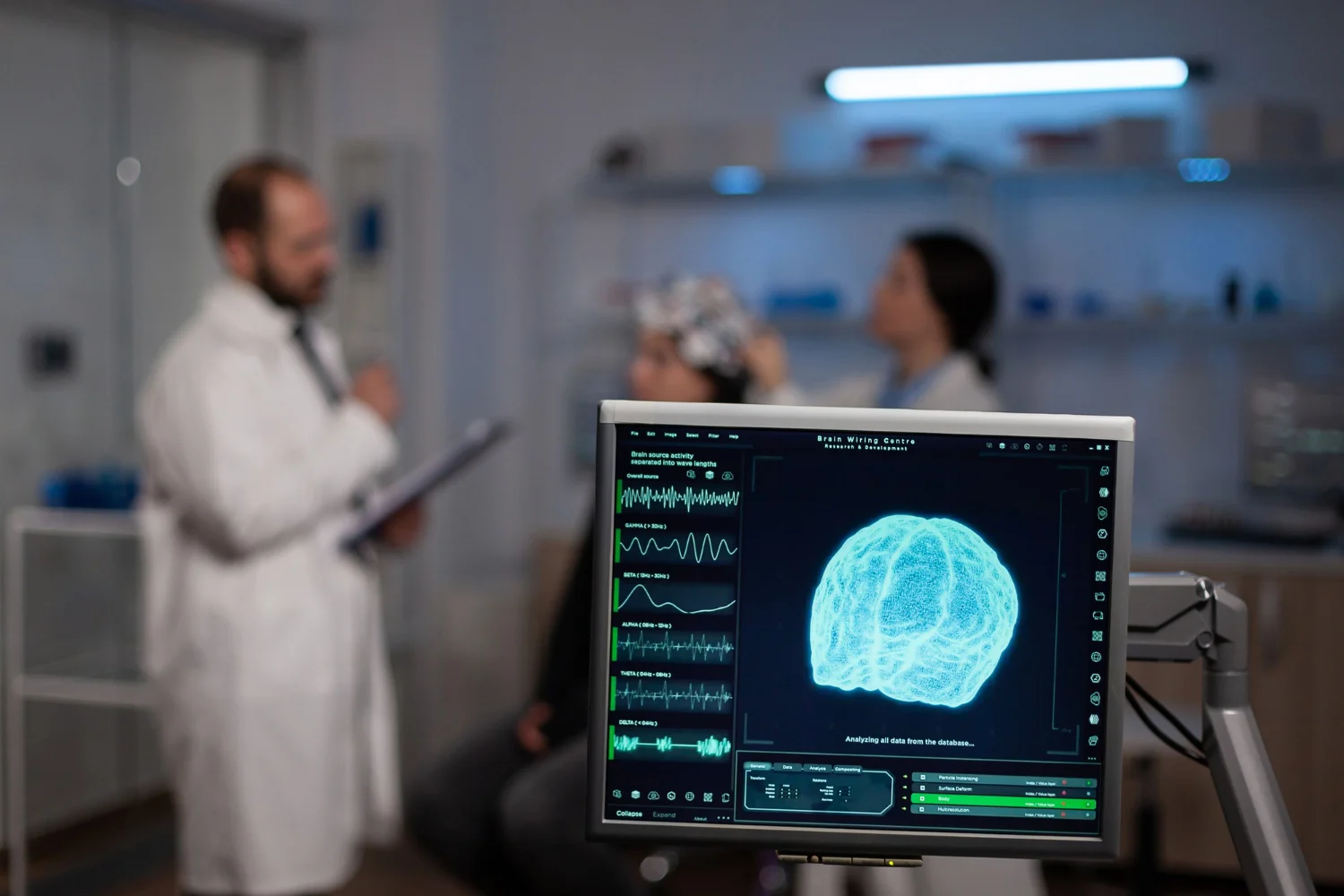What Causes Heartburn?
Category: General medicine
Heartburn is a widespread condition affecting millions globally, characterized by a burning sensation in the chest or throat due to stomach acid refluxing into the esophagus. Many individuals experience heartburn occasionally, but for some, it becomes frequent and severely impacts their quality of life.
At Lokmanya Hospitals, recognized as the best hospital for comprehensive digestive care, we specialize in diagnosing and treating heartburn and its underlying causes with precision and compassion. Our expert gastroenterologists use advanced diagnostics and personalized treatment plans to ensure patients find lasting relief.
In this blog, we explore what causes heartburn, explain why it happens, discuss contributing factors, and answer some of the most searched questions by users. This detailed guide will help you better understand heartburn and how to manage it effectively.
What Exactly Is Heartburn?
Before diving into the causes, it’s important to understand what heartburn is. Heartburn is a symptom of acid reflux where stomach acid irritates the lining of the esophagus, causing a burning discomfort in the chest area, often mistaken for heart pain. This condition is medically known as gastroesophageal reflux disease (GERD) when chronic.
What Causes Heartburn? The Main Factors Explained
1. Weakness or Dysfunction of the Lower Esophageal Sphincter (LES)
The Lower Esophageal Sphincter (LES) is a muscular ring that acts as a valve between the esophagus and stomach. Its primary function is to allow food into the stomach and prevent stomach acid from flowing back. When the LES is weak or relaxes inappropriately, acid reflux occurs, causing heartburn.
Why does LES weaken?
- Age-related muscle deterioration
- Certain medications (e.g., calcium channel blockers, antihistamines)
- Hiatal hernia, where part of the stomach pushes through the diaphragm
2. Dietary Triggers and Eating Habits
What you eat plays a huge role in causing heartburn. Some foods and drinks relax the LES or increase stomach acid production, such as:
- Spicy, fatty, and fried foods
- Citrus fruits and tomato-based products
- Chocolate and peppermint
- Coffee, alcohol, and carbonated beverages
Overeating or eating late at night also puts pressure on the LES, making reflux more likely.
3. Obesity and Excess Abdominal Weight
Excess weight, especially around the abdomen, increases pressure on the stomach and LES, pushing acid upwards. Obesity is a major risk factor for frequent heartburn and GERD.
4. Pregnancy
Pregnant women often experience heartburn due to hormonal changes that relax the LES and the growing uterus pressing on the stomach.
5. Smoking
Smoking decreases LES pressure and reduces saliva production, which helps neutralize acid. Smokers are more prone to acid reflux and heartburn.
6. Medical Conditions and Medications
Certain health issues can contribute to heartburn, including:
- Hiatal hernia
- Delayed stomach emptying (gastroparesis)
- Connective tissue disorders (e.g., scleroderma)
Medications like NSAIDs, aspirin, and some blood pressure drugs can irritate the esophagus or weaken the LES.
When Does Heartburn Usually Occur?
Users often ask, “When am I most likely to get heartburn?” Heartburn typically occurs:
- After large or fatty meals
- When lying down or bending over soon after eating
- During the night or while sleeping
- In times of stress or anxiety
- During pregnancy
Understanding these triggers helps patients at Lokmanya Hospitals manage symptoms better with lifestyle changes and medical guidance.
What Are the Most Common Symptoms of Heartburn?
Besides the classic burning chest pain, symptoms include:
- Regurgitation of acid or food
- Sour or bitter taste in the throat or mouth
- Difficulty swallowing or feeling food stuck in the throat
- Chronic cough or throat irritation
Why Choose Lokmanya Hospitals for Heartburn Treatment?
At Lokmanya Hospitals, we are committed to providing the highest standard of care for digestive disorders, including heartburn. Our gastroenterology experts use cutting-edge diagnostic tools such as endoscopy, pH monitoring, and esophageal manometry to pinpoint the exact cause of your symptoms.
Recognized as one of the best hospitals for gastrointestinal health, we emphasize a patient-centric approach combining lifestyle advice, medication, and minimally invasive procedures when necessary. Our multidisciplinary team ensures comprehensive care tailored to your needs.
Patients trust Lokmanya Hospitals not only for expert treatment but also for compassionate care delivered in a comfortable, supportive environment.
How Is Heartburn Treated?
Treatment depends on severity and underlying causes:
Lifestyle Changes
- Avoid known trigger foods and drinks
- Eat smaller meals and avoid late-night eating
- Lose excess weight
- Elevate the head while sleeping to prevent nighttime reflux
- Quit smoking and reduce alcohol consumption
Medications
- Antacids for quick relief
- H2 receptor blockers to reduce acid production
- Proton pump inhibitors (PPIs) for severe or chronic heartburn
- Prokinetics to improve stomach emptying and LES function
Surgery
For severe GERD or complications, surgical options like fundoplication are considered to strengthen the LES.
Conclusion
Heartburn is caused by multiple factors including LES dysfunction, diet, lifestyle, medical conditions, and more. Recognizing these causes is crucial for effective management and prevention.
If you suffer from frequent heartburn or related symptoms, consult the experts at Lokmanya Hospitals, the best hospital for digestive health care. Our advanced diagnostics and individualized treatment plans will help you achieve lasting relief and better health.
Commonly Asked Questions About Heartburn
Q1: Why does heartburn get worse at night?
When lying flat, gravity no longer helps keep stomach acid down, making reflux more likely.
Q2: What foods should I avoid if I have heartburn?
Avoid spicy, fatty, acidic, chocolate, caffeine, and carbonated drinks.
Q3: When should I see a doctor for heartburn?
If heartburn occurs more than twice a week, is severe, or accompanied by symptoms like difficulty swallowing, weight loss, or chest pain, seek medical advice immediately.
Q4: Can heartburn lead to serious health problems?
Chronic heartburn can cause esophagitis, strictures, Barrett’s esophagus, and increase esophageal cancer risk.
Q5: Is heartburn the same as acid reflux?
Heartburn is a symptom caused by acid reflux, which is the actual backflow of stomach acid into the esophagus.
Previous blog

What Is Brain Tumor?
Next blog






